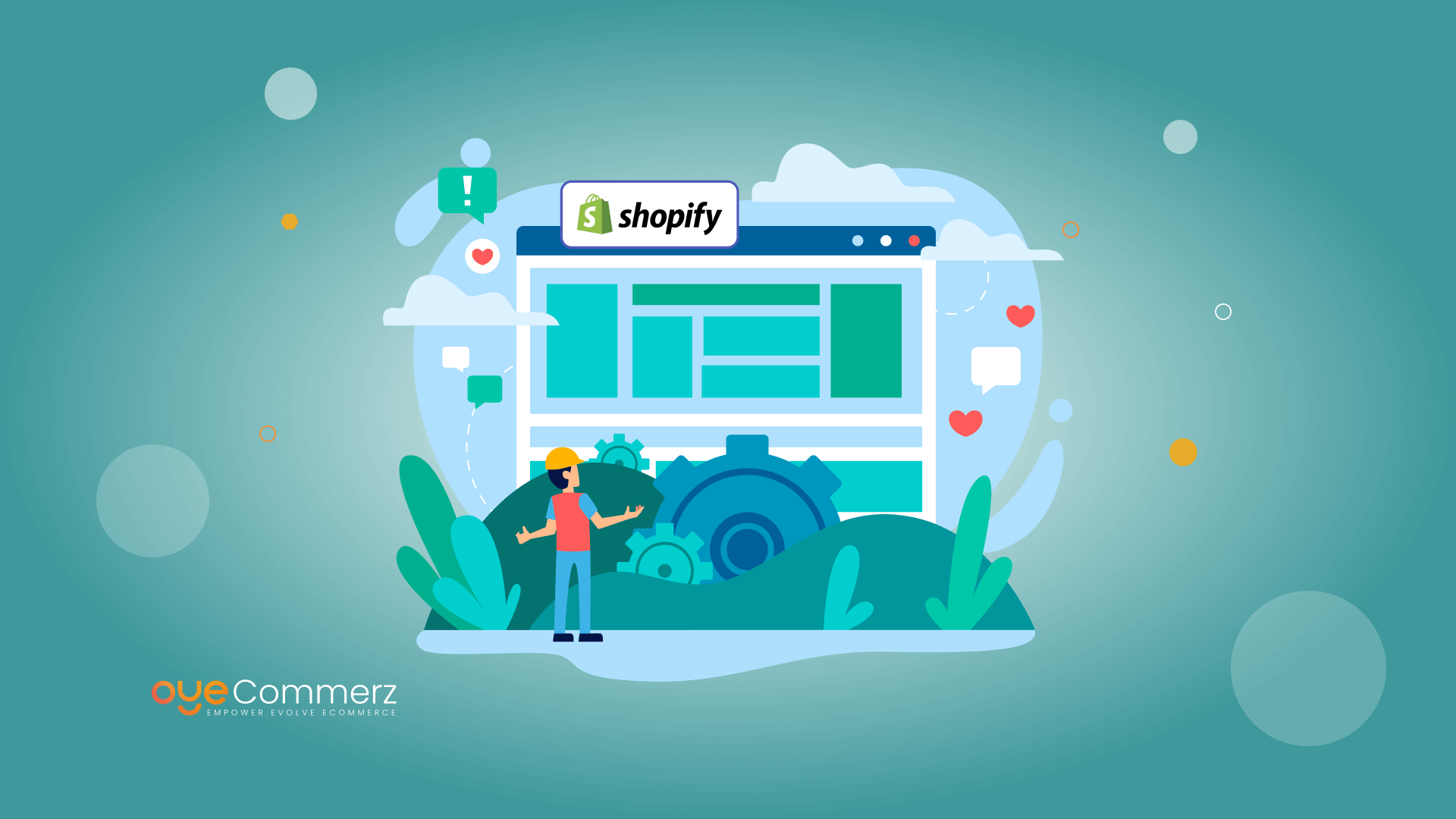Introduction
In the current competitive e-commerce landscape, standing out is paramount, and one of the best ways to differentiate a Shopify store is through custom app creation. A well-built Shopify app can boost store functionality, simplify processes, and boost customer engagement. This guide delves into key elements of Shopify app development, covering API integration and app ecosystem to scaling strategies and digital marketing approaches, providing a roadmap for companies seeking unmatched store performance.
The Importance of Shopify API Integration
Shopify’s API provides powerful tools to personalize and extend store functionalities. With GraphQL and REST APIs, developers can retrieve information to create apps that manage inventory control, order processing, and customer data management seamlessly. Using Shopify’s API can enable improved workflow automation and enables stores to assist shoppers more effectively.
Utilizing the Polaris Design System
Shopify’s Polaris is Shopify's design system for designing user-friendly and easy-to-use Shopify apps. By following Polaris principles, developers guarantee that apps integrate smoothly within the Shopify Admin interface. This ensures a cohesive look and feel that resonates with Shopify merchants, promoting ease of use and familiarity for merchants utilizing your custom app.
Understanding the Shopify App Ecosystem
The Shopify app ecosystem offers endless possibilities for enhancing online stores. From handling order fulfillment to boosting customer interaction, apps in this ecosystem are designed to meet various business requirements. Familiarizing with this ecosystem assists developers in finding unique app opportunities and allows for smooth connections of external tools that add value to the store.
Developing Embedded Shopify Apps
Embedded apps work seamlessly within the Shopify Admin, allowing a seamless experience for merchants. They ensure that merchants don’t have to leave their Shopify dashboard, simplifying their process. Employing Shopify App Bridge and embedded app features is a best practice for providing a unified, well-integrated user environment.
Leveraging Node.js and React for Shopify Development
The technologies Node.js and React have become Shopify development process top options for Shopify app creation. This server-side framework enables high-performance server-side applications, while React allows for dynamic, responsive front-end design. Together, they provide an strong framework for creating speedy, scalable Shopify apps that enhance store performance and customer engagement.
Utilizing Webhooks in Shopify Development
Webhooks enable instant data updates between Shopify and an outside application. They initiate events such as new orders or stock changes and provide immediate alerts to your app. By implementing webhooks, apps can provide up-to-date insights for store owners, simplifying processes and increasing efficiency.
Engaging Customers Through Digital Marketing for Shopify Apps
To make a Shopify app Professional Shopify app solutions successful, engaging customers is crucial. Utilizing digital marketing strategies like SEO, email marketing, and social outreach can drive app adoption. Additionally, designing apps with customer interaction as a focus (e.g., loyalty programs or personalized suggestions) boosts user retention and satisfaction.
Scaling Your Shopify App
As e-commerce stores expand, so do their technological needs. Ensuring that your app can manage higher usage, larger databases, and more complex functionalities is critical. By optimizing server capacity and using scalable technologies, you can develop apps that expand in parallel to a store’s growth.
Important Features and Maintenance Tips for Shopify Apps
For an app to be effective, it should offer essential features like user login, analytics dashboard, and customer support options. Ongoing app upkeep, including updates to fix bugs and ensuring compatibility with new Shopify features, is important to ensure continuous operation and avoid interruptions to business processes.
Conclusion
Custom Shopify app development offers immense opportunities for e-commerce stores, offering the ability to enhance store functionality, streamline processes, and build customer relationships. From integrating APIs to focusing on scalability and customer interaction, creating a Shopify app requires thoughtful preparation and well-planned actions. If you’re ready to unlock your store’s full potential, a custom Shopify app could be the ideal choice. What capabilities do you envision for your ideal app? Share your ideas and take the first step toward an enhanced e-commerce journey!
